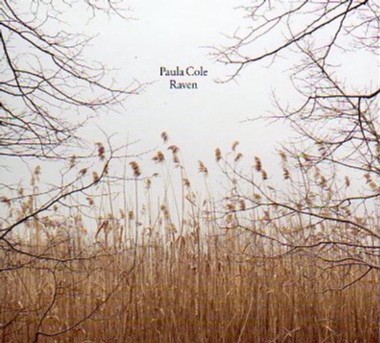Paula Cole
Raven
(675 Records/United For Opportunity)
I love Paula Cole’s voice, but not her latest record. It’s an independent, Kickstarter-funded project billed as a return to her Americana roots, but it really shows how far she’s strayed. Take the song “Manitoba”—something’s amiss when it sounds more like a West Hollywood studio than a Western Canadian province. Cole has a glorious voice that moves across octaves and scales with the ease of a supple 10-year-old ascending monkey bars. But therein lies the problem. Cole sings like the Grammy Award-winning pop artist she has been. Pop songs aren’t about much; hence we expect to marvel over the performance. By contrast, folk songs tell tales, flog causes, dazzle with melodies and reveal feelings. If these are lost in vocal pyrotechnics, all that’s left is noise. Cole has a powerful voice, but she doesn’t articulate well. Her diva performance on Raven is impressive, but the songs leave no impression.
The Flaming Lips
The Terror
(Warner Bros.)
The Flaming Lips’ newest album reveals the band’s evolution into producers of a musical dreamscape. Relying equally on vocals and helicoptic space rock rhythms, their music flows seamlessly in an almost pause-free album. An emotional maturation is evident, as the songs fade and transform in a chaotic rhapsody that is cerebral, yet accessible. Although some individual song distinction is lost in this stream-of-consciousness style, title track “The Terror” is a standout, showcasing the band’s ability to transition between tonal and word-based communication.
Dicey Riley
Row of Pints and Walking Dead
With their latest disc, the members of Dicey Riley offer a solid slab of Celtic rock, fueled in part by the heavy guitar sounds of new addition Tim O’Brien. Theirs is a genre that’s especially challenging—the tropes of Irish rebellion, diaspora and hard living have been around so long it’s rare that new ground is broken. Singer and songwriter John McLaughlin approaches that challenge in a couple of ways. In most of these songs, he extrapolates and develops music from traditional Irish tunes, crafting something new with, by turns, classic rock sensibilities and lyrical, pipe- and fiddle-laced pop. McLaughlin’s vocals ride the line between sing and shout in appealing fashion, and on the standout “My Collar is Blue,” the derivative-meets-modern sensibility works extremely well, offering a wistful yet fist-pumping anthem in the finest Celt-rock tradition. Dicey Riley has plied its trade for a good few years now, but happily, the energy and fire of these tunes is, if anything, yet more distilled than on past efforts.



